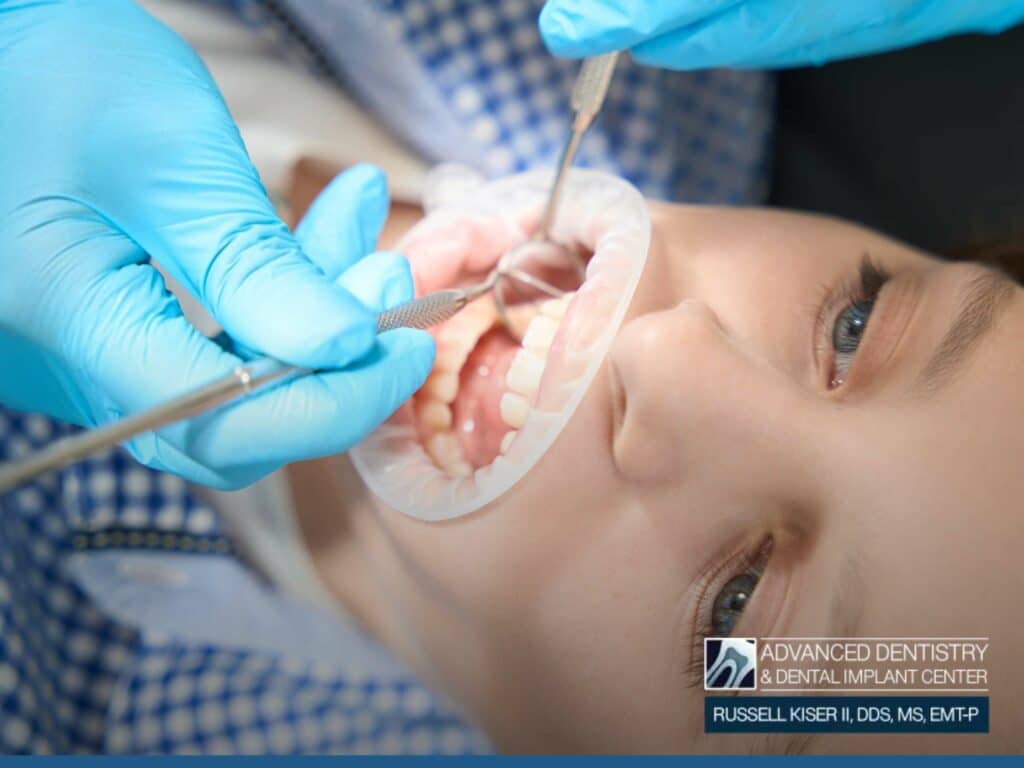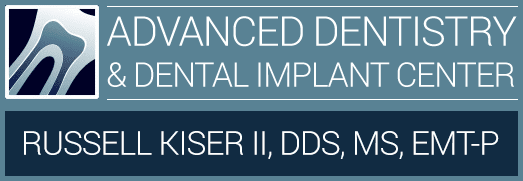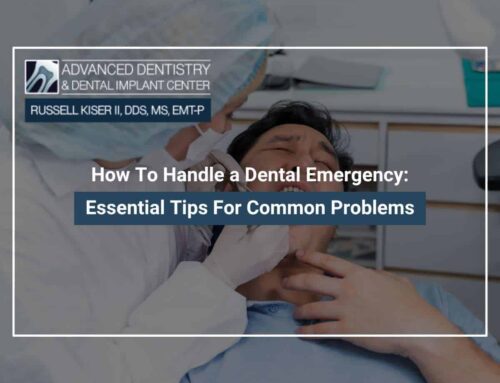How Early Detection Of Dental Cysts Can Prevent Complications & Aid In Effective Treatment
Dental cysts are common oral health concerns that can often go unnoticed until they cause significant pain, discomfort, swelling, or other complications. Understanding the causes, symptoms, and available treatment options is crucial for anyone who might be dealing with this condition, as early detection can prevent further issues.
Here, we will explore what dental cysts are, how they develop, and what steps you can take to manage them.
What Is a Dental Cyst?
A dental cyst is a fluid-filled sac that can develop in different areas of the mouth, often near impacted, unerupted, or infected teeth, such as wisdom teeth. While usually benign, these cysts can lead to discomfort, infection, or more serious dental issues if not treated.
As a cyst grows or becomes infected, you may experience symptoms such as:
- Tooth Pain: Discomfort when chewing or applying pressure.
- Swelling: Inflammation or a lump in the gums near the affected area.
- Tooth Movement: Shifting or loosening of nearby teeth.
- Bad Breath: Persistent odor caused by infection.
- Dental Fistula: A pimple-like bump on the gums that may drain pus.
- Sensitivity: Heightened reaction to hot, cold, or pressure.
If you notice any of these signs, it’s important to consult a Mansfield dentist for a diagnosis and treatment.
Common Causes Of Dental Cysts: Infections, Trauma & Impacted Teeth
Dental cysts are typically caused by infections, trauma, or other dental conditions. The most common causes include:
Impacted Teeth
Impacted teeth are teeth that are stuck beneath the gum line and unable to erupt properly. As the tissue surrounding the impacted tooth remains, it can form a cyst. This is particularly common with wisdom teeth, which often become impacted due to a lack of space in the jaw.
In such cases, a wisdom tooth extraction may be necessary to prevent further complications and remove the cyst.
Infections
Dental cysts are often caused by infections affecting the root of a tooth. According to Mayo Clinic, bacteria from an infected tooth can spread to surrounding tissues, causing inflammation and potentially leading to a cyst. These infections are commonly the result of untreated cavities, trauma, or past dental procedures.
A specific infection that can lead to a dental cyst is a periapical abscess, which forms at the tip of the tooth’s root, usually due to untreated cavities or dental injuries, causing irritation and swelling. If untreated, these infections can worsen and lead to more severe complications.
Trauma Or Injury
Accidents, such as jaw fractures or other forms of trauma, can cause damage to the teeth and lead to the formation of dental cysts. These cysts may form around a tooth that has died as a result of the injury, causing further complications if left untreated.
Gum Disease
Periodontal diseases, including a gum disease treatment, for example, can sometimes lead to the development of cysts. When gum disease progresses, it can create an environment where bacteria proliferate, leading to the formation of cysts or abscesses in the gums.
How Dental Cysts Are Diagnosed: X-rays, Imaging & Biopsy
Dental cysts can often be identified during a routine dental exam. However, in many cases, they are not visible to the naked eye and are detected only through X-rays. This allows the dentist to see cysts that may be hidden beneath the surface or inside the bone.
If a cyst is suspected, your Mansfield dentist may recommend an imaging study to determine its size, location, and if it has caused damage to surrounding bone or teeth. In some cases, a biopsy may be performed to confirm the diagnosis and rule out more serious conditions.
Effective Treatment Options For Dental Cysts
Once a dental cyst has been diagnosed, there are several treatment options available depending on the type and severity of the cyst. Here are the most common approaches:
1. Root Canals For Infected Teeth
If a dental cyst is caused by an infection in the root of a tooth, you may need to ask for a root canal in Mansfield, Ohio. During the procedure, the dentist will remove the infected tissue from the tooth’s root and fill it with a bacteria-resistant material, helping to prevent the infection from spreading and eliminating the cyst.
Root canal therapy is a highly effective treatment for dental cysts caused by infection in the tooth pulp.
2. Tooth Extraction
In cases where the cyst is associated with an impacted or damaged tooth, the tooth may need to be extracted. This is particularly common with wisdom teeth, which are prone to becoming impacted and forming cysts. For example, dental implants may be used to replace missing teeth if extraction is required.
If a tooth extraction is necessary, the dentist will ensure that the cyst is completely removed to prevent recurrence. In certain situations, the surrounding bone may also require treatment to promote proper healing.
3. Periodontal Treatment
When gum disease is the cause of a dental cyst, treatment will focus on managing the infection and improving oral hygiene. For instance, periodontal surgery in Mansfield, Ohio, or deep cleaning procedures like scaling and root planing may be recommended to remove plaque and bacteria from the gum pockets. This can help treat the cyst and prevent further complications.
4. Surgical Removal Of The Cyst
On certain occasions, the cyst itself must be surgically removed. This is typically done by making an incision in the gum tissue and draining the cyst. If the cyst has caused damage to the bone, the dentist may need to perform additional procedures to ensure proper healing.
Once the cyst is removed, the dentist will provide aftercare instructions to promote healing and prevent future issues.
Act Now for Your Oral Health: Contact Dr. Kiser Dental Today.
If you suspect you have a dental cyst or are experiencing any related symptoms, don’t hesitate to contact Dr. Russell Kiser at Advanced Dentistry & Implant Center, your preferred dentist in Mansfield, Ohio. Our team of experienced professionals can help you with diagnosis, treatment, and recovery to restore your oral health.
We are here to help you achieve and maintain a healthy smile. Contact us!
Advanced Dentistry & Dental Implant Center
1221 S Trimble Rd Suite A1,
Mansfield, OH 44907
Tel: (419) 756-2880
Email: [email protected]









